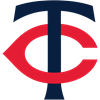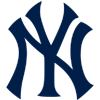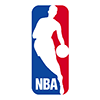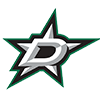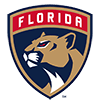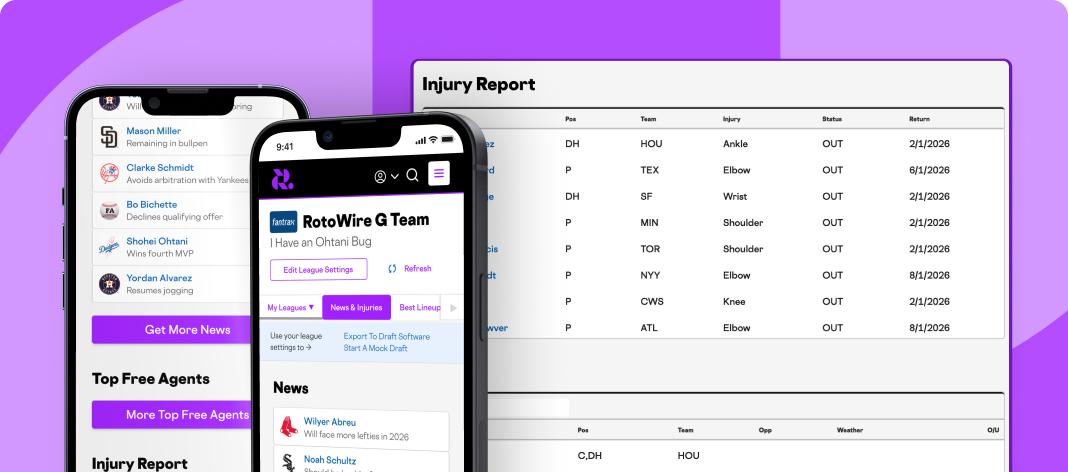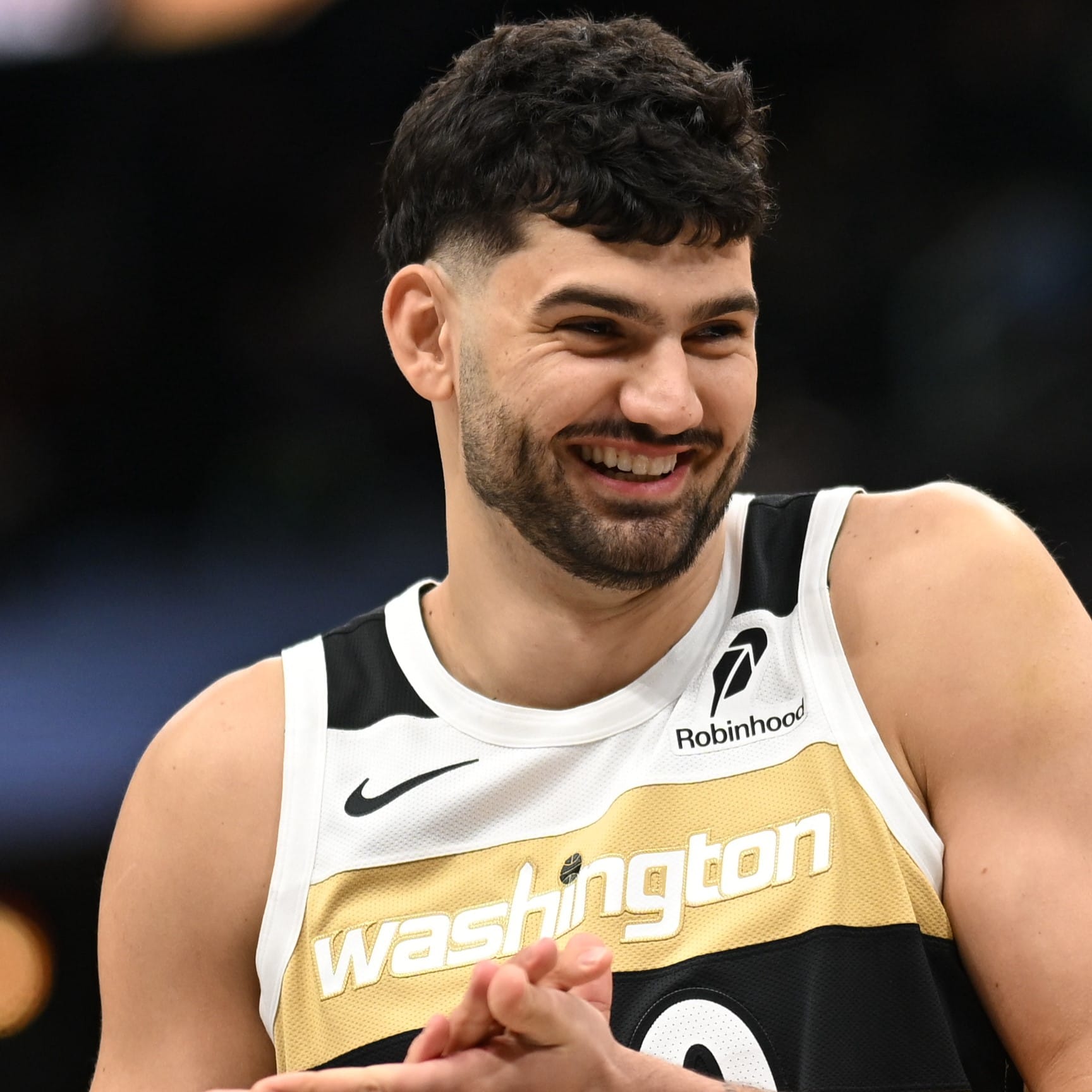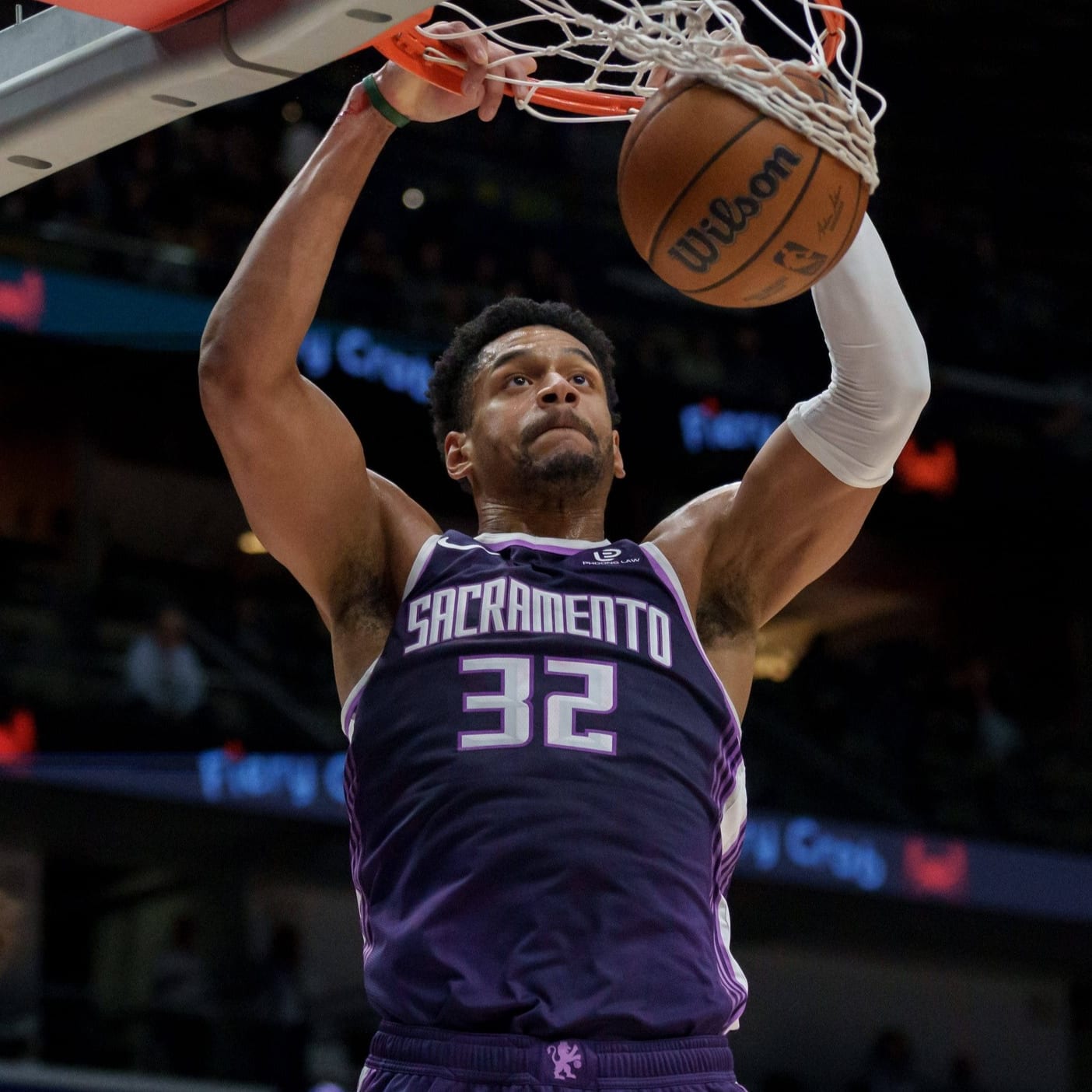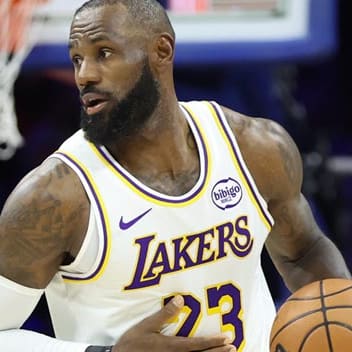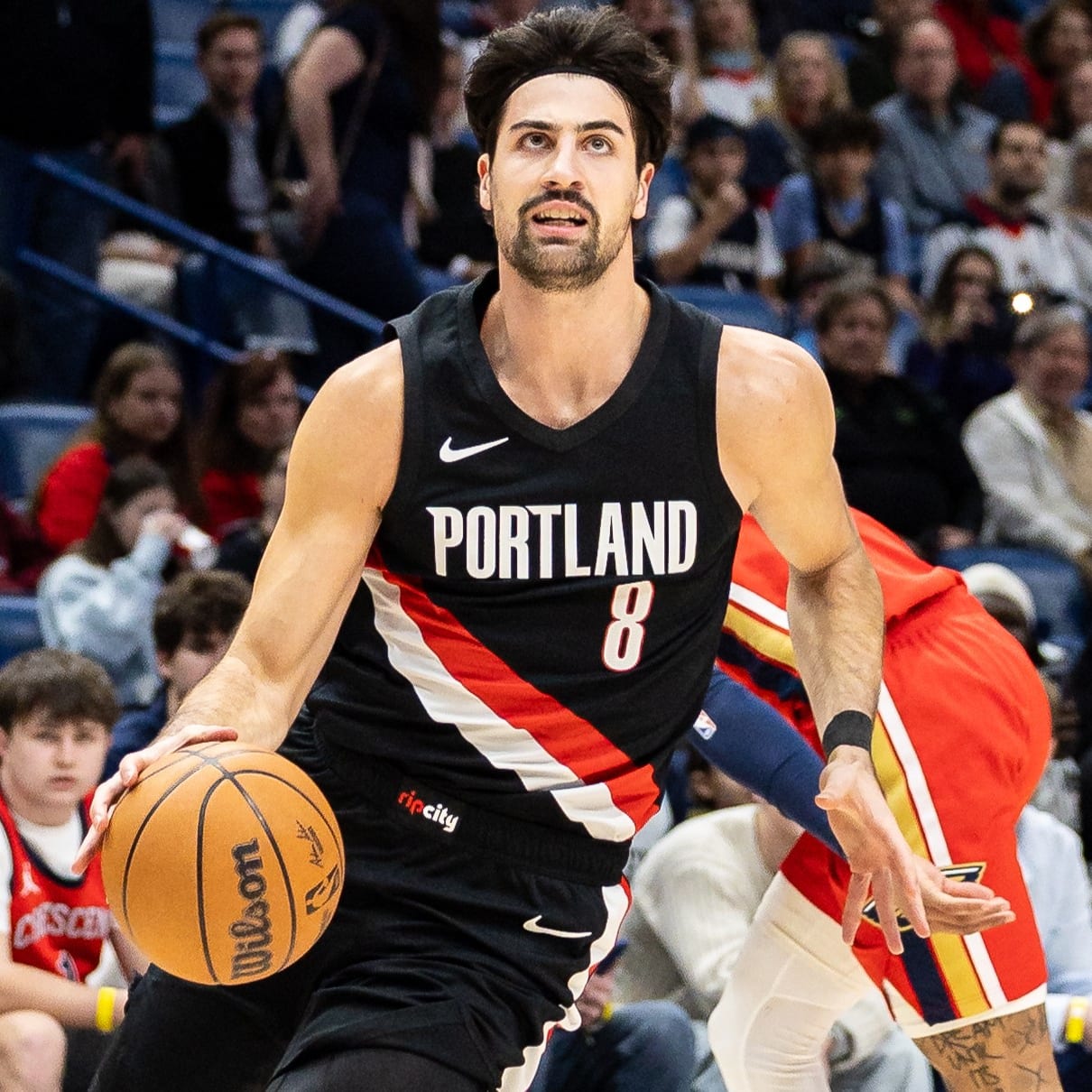NEW ORLEANS HORNETS
By Justin Phan
RotoWire Writer
STATE OF THE FRANCHISE
After a breakthrough season in 2007 where they took the league by surprise and pushed the San Antonio Spurs to a seventh game in the second round of the playoffs, the Hornets got too complacent in the offseason. Instead of addressing dire positional needs at back-up point guard and center, they chose to splurge on free agent James Posey instead. Posey was not a bust by any means, but with Tyson Chandler in-and-out of the lineup constantly, limited to just 45 games on the season, the Hornets had to juggle a group of backup centers that were far from average - Hilton Armstrong, Melvin Ely, and Sean Marks.
Starters Chris Paul and David West carried the team throughout the season, playing heavy minutes from start to finish. By the time the playoffs came around the two were running on fumes. That, combined with the injury bug hampering the effectiveness of Chandler and Peja Stojakovic, resulted in an embarrassing first-round exit at the hands of the Denver Nuggets. The Hornets hit an all-time low in the series during Game 4, where they were routed by a final score of 121-63.
The offseason presented general manager Jeff Bower with an interesting challenge: get under the luxury tax while keeping the team competitive. Bower managed to do just that with a series of trades headlined by a Emeka Okafor-for-Tyson Chandler swap. The trade not only netted them the clearly superior talent of the two (Okafor), but it also cut more than $1 million off their luxury tax payment.
The Hornets head into the 2009-2010 season with many unresolved questions at the swing positions, but their stability at the point and in the frontcourt alone should be enough to keep them in playoff contention.
PLAYING TIME DISTIBUTION
The trio of Chris Paul, David West, and Emeka Okafor will be the clear starters at their respective positions from the get-go and will be relied upon to do much of the heavy lifting on the court. Coach Byron Scott plans to scale Paul's minutes down to 33-34 minutes per game in order to keep him fresh for the playoff run, leaving 14-15 minutes for reserves Darren Collison and Bobby Brown to compete for. West will continue to see about 37-38 minutes per game at power forward, while Okafor should average 33-34 minutes as the starting center. Ike Diogu will back up both frontcourt positions while Darius Songaila and Hilton Armstrong provide additional depth.
It gets a bit murkier at the swing positions, where nothing has been concretely set in stone yet. Morris Peterson and Julian Wright are expected to be the starters at shooting guard and small forward, respectively, with James Posey and Peja Stojakovic coming off the bench. The minute distribution between those four players ultimately boils down to how well they perform. We could be seeing a fairly equal split in minutes between Peterson and Posey at shooting guard if Peterson embraces that starting job and succeeds. The Hornets' primary focus with Peja is to keep him healthy for the duration of the season and to also prolong his career, so he'll likely come off the bench behind Wright and may see his minutes dip below 30 per game for the first time since his sophomore season back in 1999. Rookie Marcus Thornton and Devin Brown will also be in the mix for some garbage minutes at shooting guard.
PLAYER OUTLOOKS
Center
Emeka Okafor: Okafor was traded to New Orleans for Tyson Chandler this offseason, teaming him with all-world point guard Chris Paul. Expect Paul's court vision and crisp passing to improve Okafor's offense, especially his field-goal percentage which was already at a healthy 50.6 percent for his career. Unfortunately, Paul's presence won't aid Okafor at the free-throw line, where he shot just 59.4 percent in 2008-09. Despite being undersized, Okafor is a monster on the defensive end of the court, holding his own in one-on-one situations and excelling in help coverage. His aggressiveness on defense led to 1.7 blocks per game last season, but he was still able to avoid foul trouble thanks to great timing. The move to New Orleans should benefit Okafor's all-around game. His defensive numbers should translate to the new squad, as he'll assume the role of defensive anchor for the Hornets, and Okafor's offense will see a slight boost across the board thanks to Paul's ability to create for his teammates. Keep a close eye out on the status of his sprained second toe before you draft him just to make sure he will be ready to go for the start of the regular season.
Ike Diogu: Diogu will give the Hornets something that they sorely lacked last year: a frontcourt scoring option off the bench. While he does have his shortcomings (turnover-prone, not the best defender), Diogu was a fantastic bargain at his minimum salary price tag and should give New Orleans a solid interior threat in the post who does a decent job of rebounding the ball.
Hilton Armstrong: In 2006, the Hornets drafted Armstrong with one of their lottery picks hoping that he would be able to step in and become a regular rotation player. Three years later, Armstrong continues to disappoint and still has not cracked the rotation. After a disappointing rookie season, he followed it up with even worse campaigns in his second and third year. With Ike Diogu ahead of him on the depth chart, Armstrong looks to be the odd man out in this frontcourt.
Forward
David West: Among the top-20 free-throw shooters in the NBA last year, West was the only one who averaged at least 8.5 rebounds, as he exhibits a rare combination of size, strength and touch. West won't blow anyone away with athletic dunks or explosive moves, but he's highly effective, and with Chris Paul getting him the ball in his comfort zone, he's flourished as the Hornets' second option. Last year's starting center, Tyson Chandler, is gone, but newly acquired Emeka Okafor offers nearly an identical skill set, so the switch won't significantly affect West's role or production.
Julian Wright: Wright is a good athlete at 6-9 who can handle the ball and use his long arms to be a very good defender. He will likely take on the starting small forward role in place of Peja Stojakovic this season and has the potential to be a valuable late-round sleeper if he can get a consistent 25 minutes per game and improve on his three-point shooting. He'll offer owners multi-category potential (rebounds, blocks, steals) and should be more than worthy of a late-round selection in standard leagues.
Peja Stojakovic: Stojakovic had one of the worst seasons of his 11-year career in 2008, as he was hampered by a back injury from the get-go and limited to just 61 games. His production dropped off significantly even when he was on the court as he averaged just 13.3 points (lowest since his sophomore season in 1999) while shooting an anemic 39.9 percent from the field. The Hornets are just trying to salvage his career at this point and keep him healthy for a good part of this season.
Guard
Chris Paul: Paul averaged over 22 points and 11 dimes per game for the second straight year, while improving his rebounding to 5.5 boards per game and grabbing a career-high 2.8 steals per game. Paul also protected the ball well, averaging just three turnovers per game, and has been durable, averaging 79 games played in his last two seasons. The Hornets' acquisition of Emeka Okafor, who's a better offensive player than the departed Tyson Chandler, should free up Paul on that end of the floor. Paul's all-around dominance and lack of weaknesses put him on the short list for "No. 1 overall" consideration in your fantasy drafts.
Morris Peterson: Peterson has been given golden opportunities to start the past couple years but has failed to capitalize on them. He will likely get the chance to start at shooting guard once again with Rasual Butler jettisoned to the Clippers, but is far from a sure thing at this point. It's really his starting job to lose to James Posey, and given his unimpressive track record, it may just be a matter of time until Peterson hands it over.
James Posey: Posey will challenge Peterson for the starting shooting guard with Rasual Butler gone, but will likely head into this season assuming his standard sixth-man role. There's not much upside to be had by drafting Posey, but he's a viable late-round option in deeper leagues because you really know what you're going to get with him - a steal, 1.5 treys, 4.5 rebounds and a solid free-throw percentage impact.
Sleeper:
Julian Wright: Wright will be given an ample chance to succeed at the small forward position this season as it's highly improbable that Peja Stojakovic will go through the year without having any additional problems with his back. Wright's got the talent and physical skills needed to succeed but has just lacked the opportunity in the past. It looks like this will finally be his year to shine.Bust:
Peja Stojakovic: In years past Peja was worth the gamble because his per-game averages were fairly solid when he was healthy, but at this point he can't be depended on to provide consistent numbers even when he manages to stay on the court. He shot below 40 percent from the field last year for the first time since his rookie season, and his per-36 scoring average (14.0 points) was the lowest in his career. Only draft him in deep leagues if you are in desperate need of treys.
Article first appeared on 9/25/09




